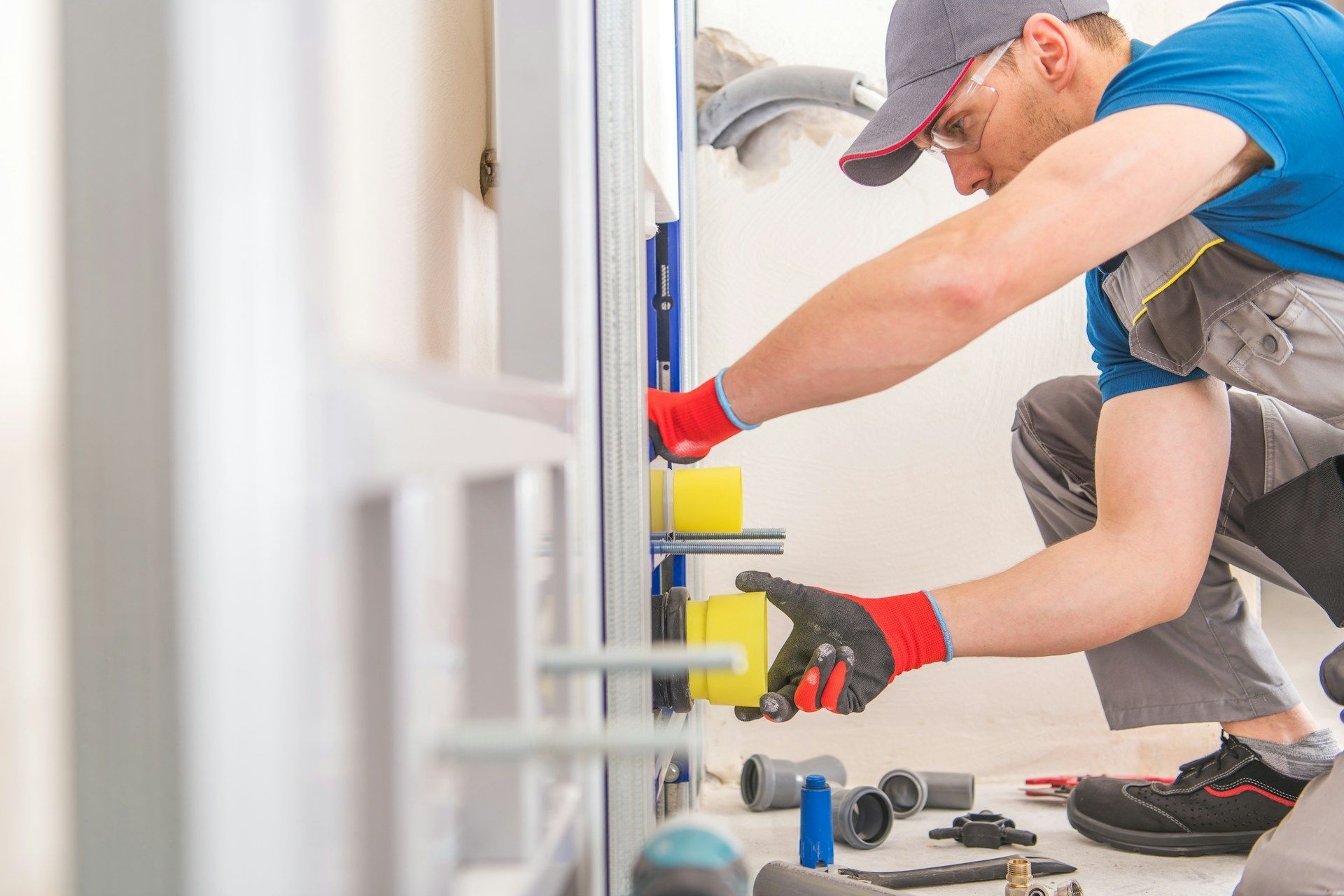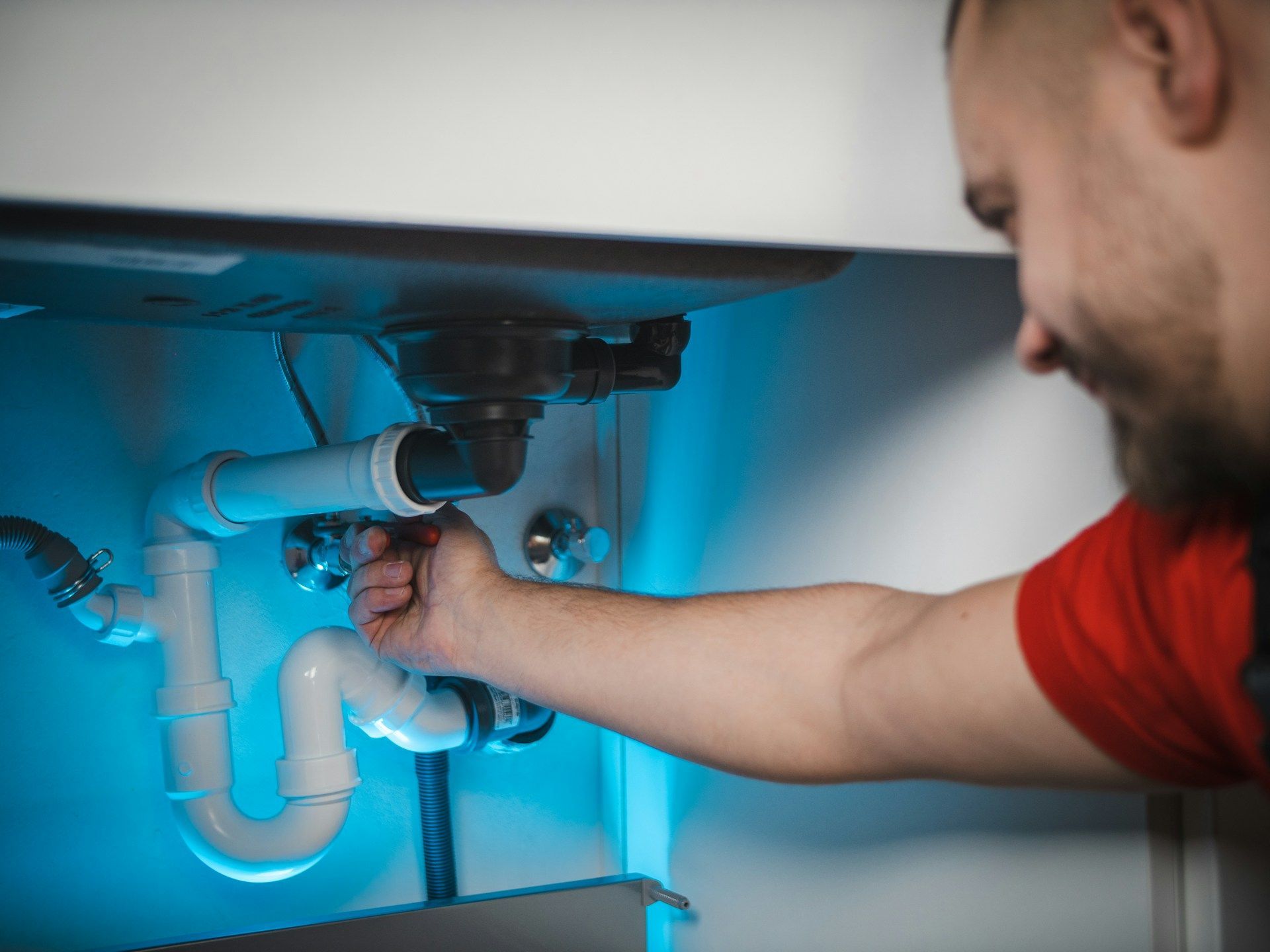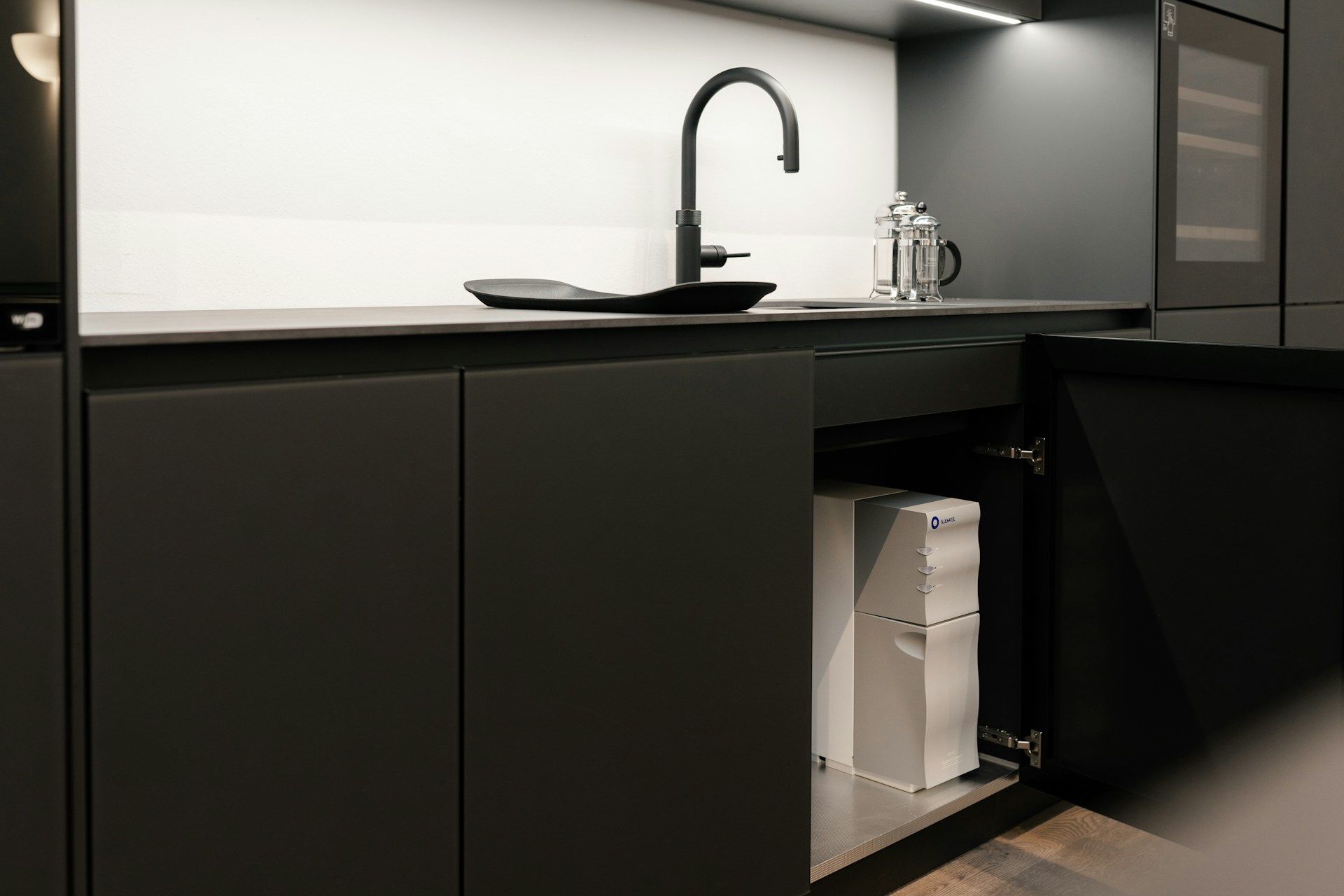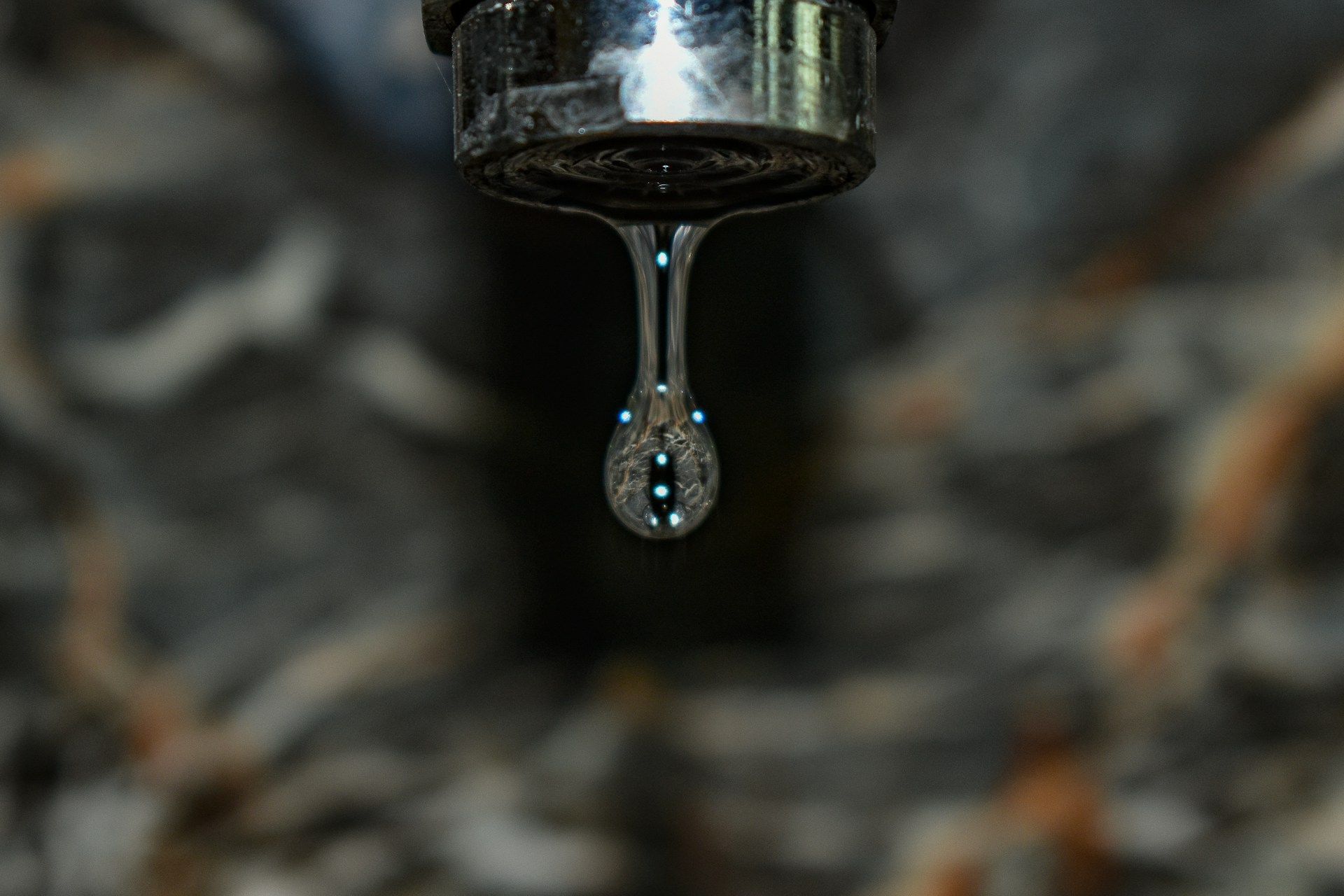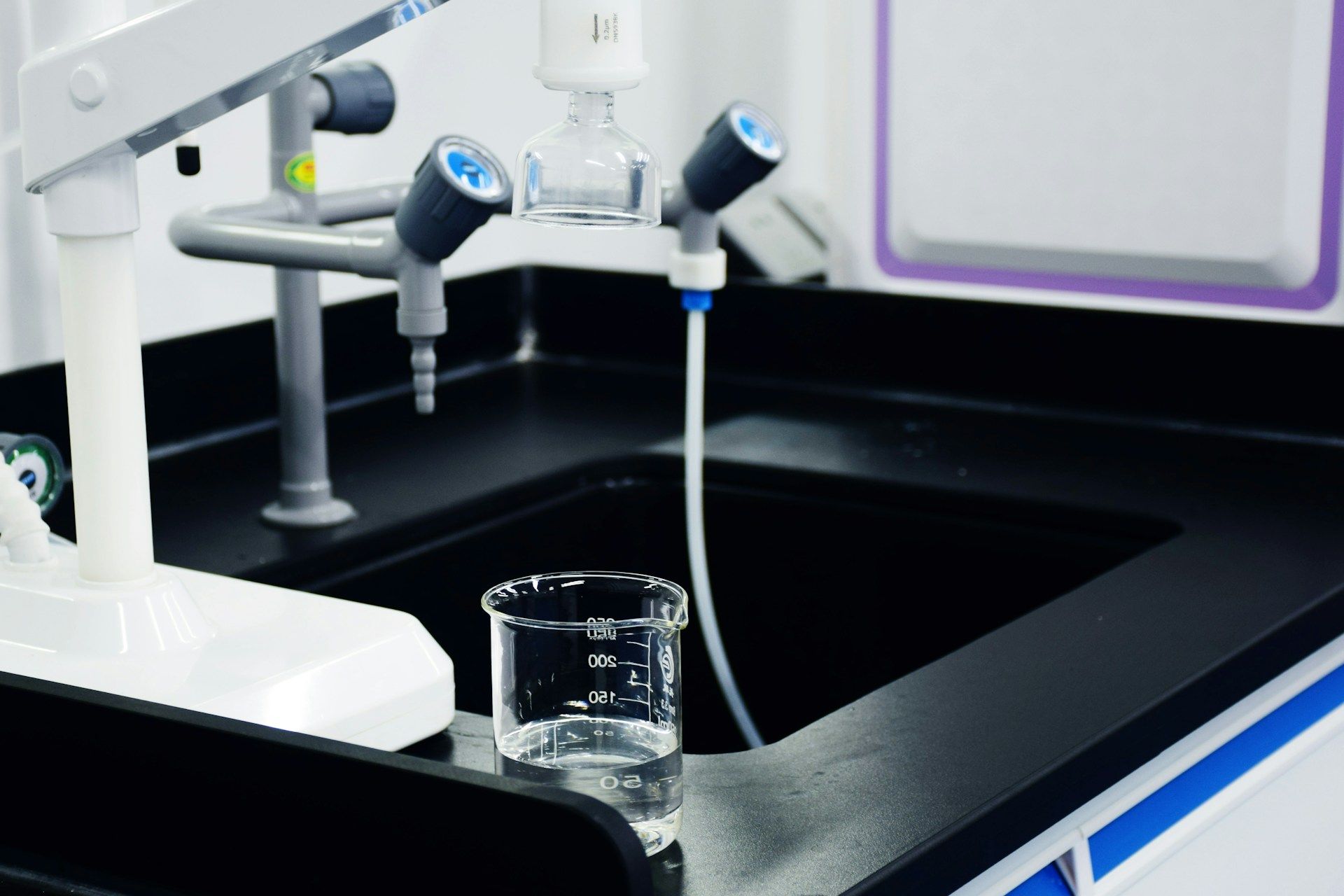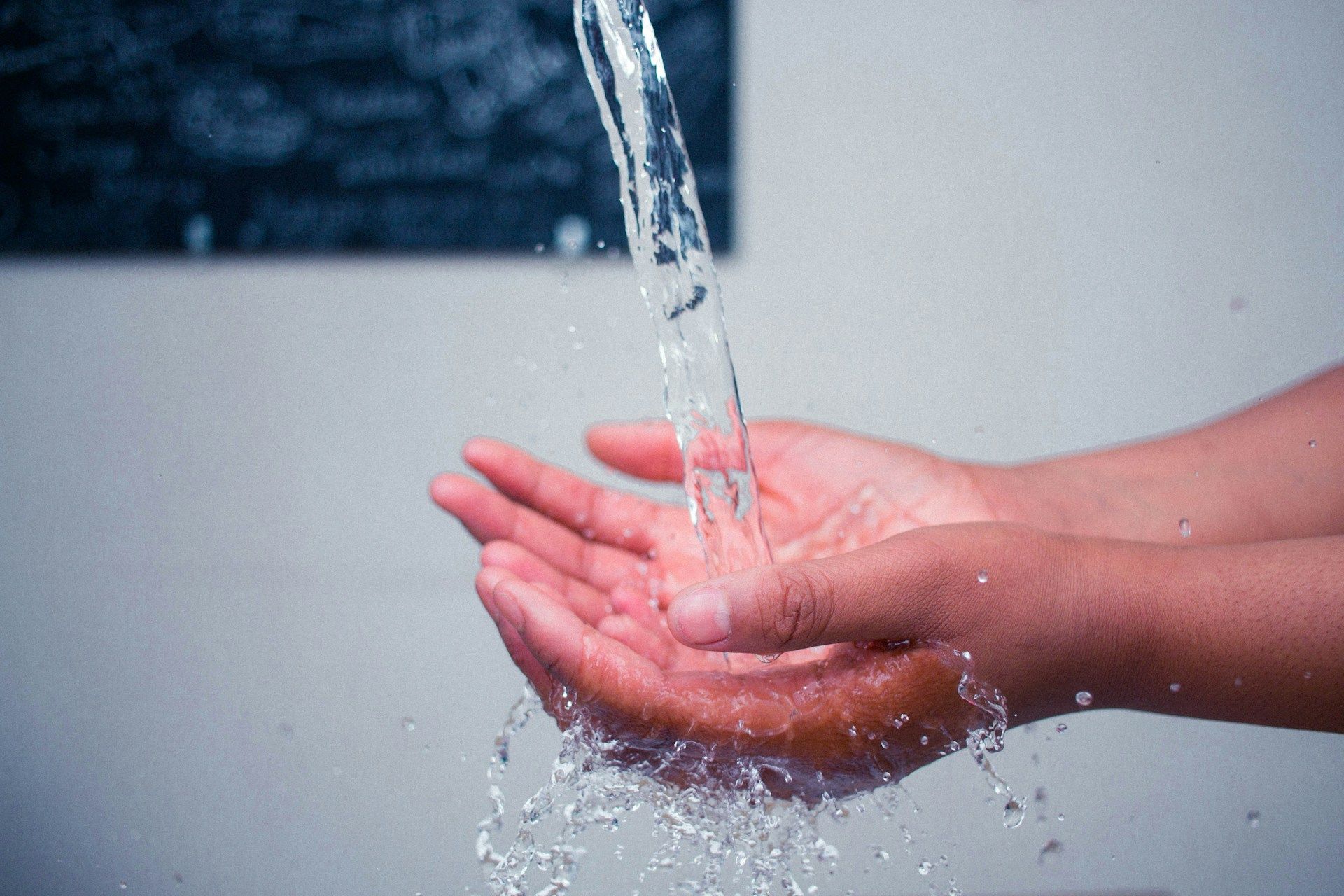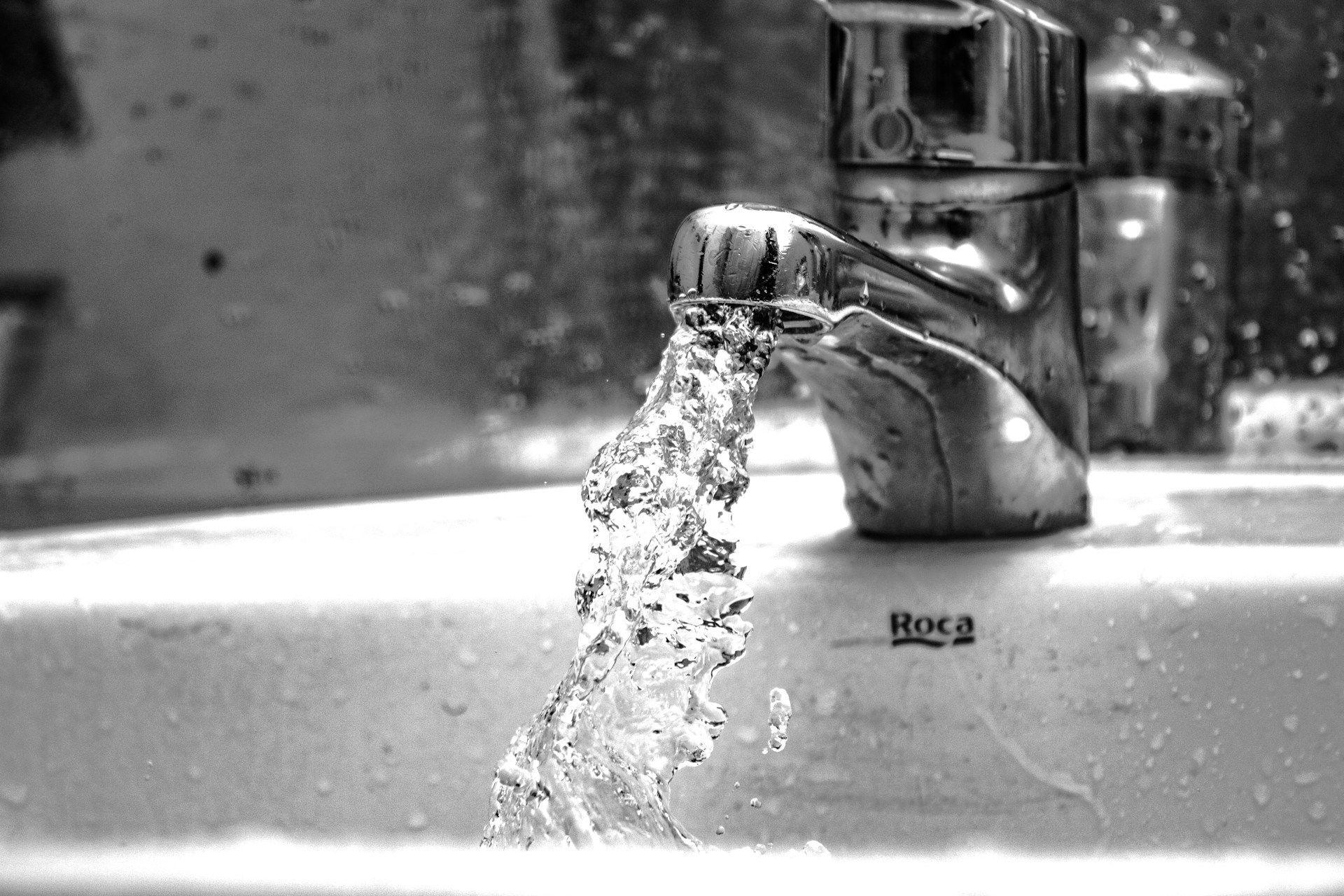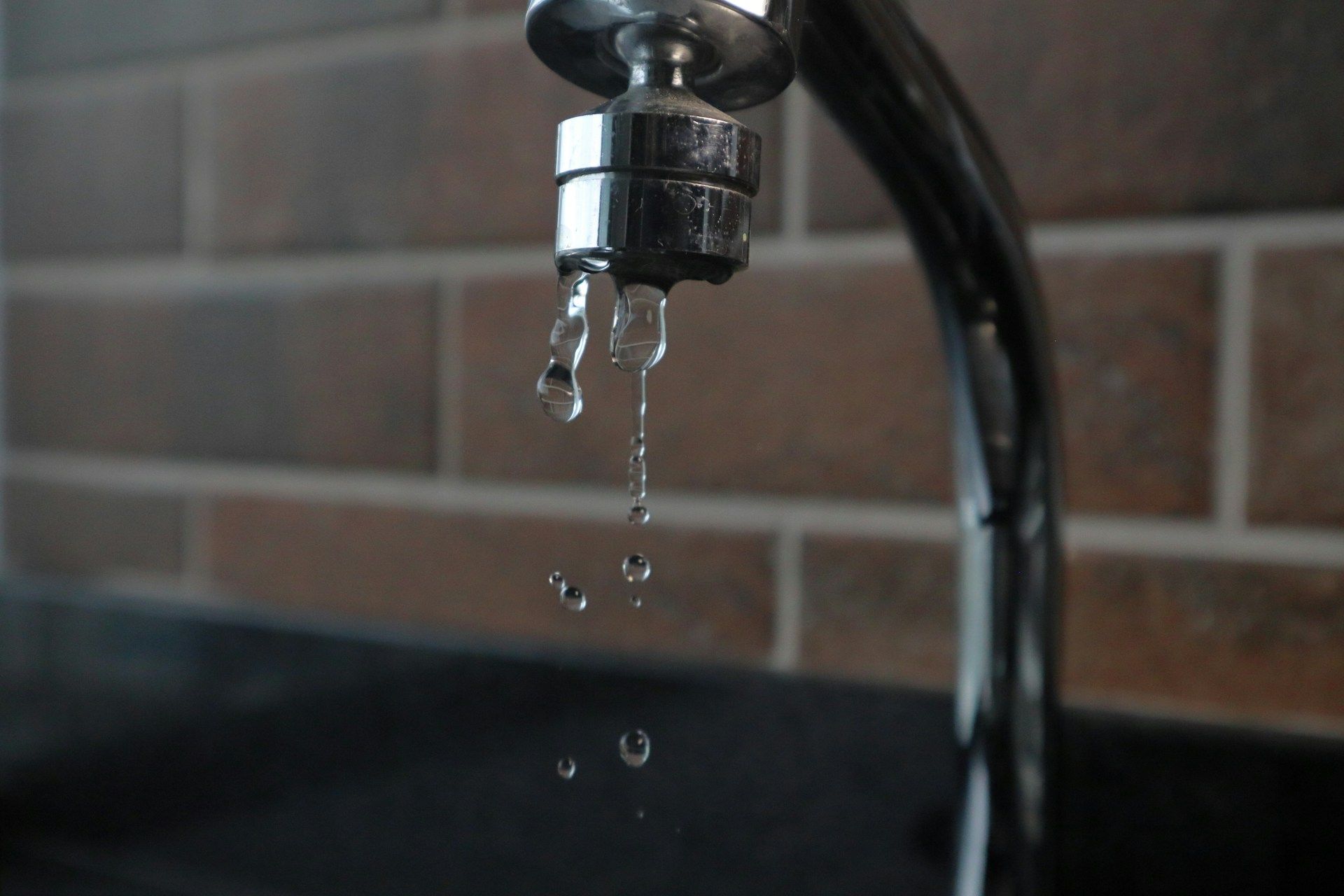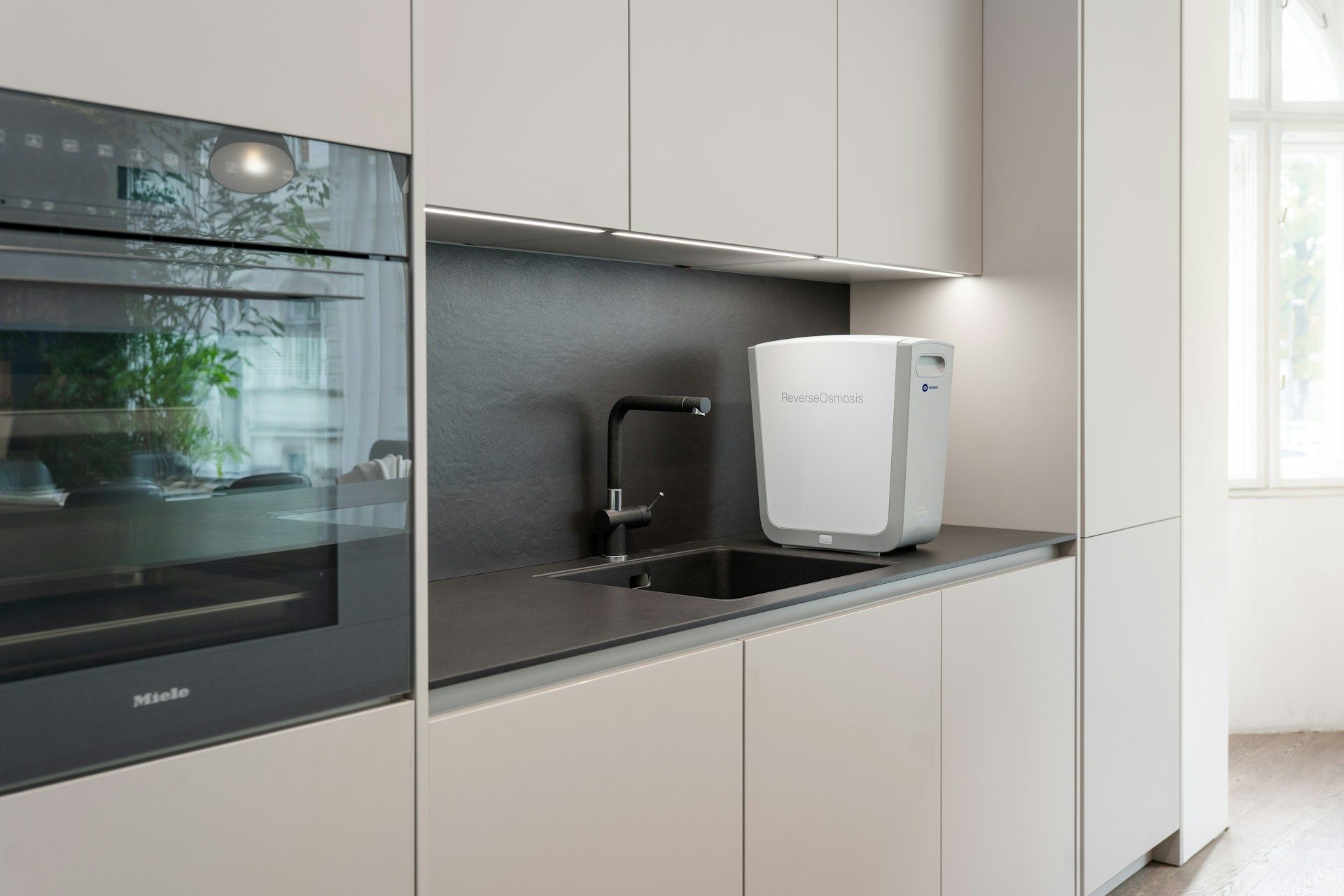Softening Your Water in Summit County: Understanding Soft Water and Water Softeners
Water Science is a local water treatment company in Park City, Utah that has been serving Summit County and the surrounding areas for decades. We offer tailored maintenance services for both city and well water, addressing the specific challenges residents face with their water quality. We provide exceptional service and customized water treatment solutions, ensuring that each home receives individualized attention. Water Science conducts comprehensive water testing and analysis to determine specific contaminants and mineral content, allowing us to develop tailored solutions. We offer a range of water treatment systems, including water softeners and reverse osmosis systems, and provide installation services with top-quality products. Water Science also offers ongoing maintenance support, including regular check-ups, filter replacements, and system cleanings. We prioritize customer satisfaction and have the expertise to help you choose the right water treatment system that meets your specific needs. The cost of a water softener varies depending on factors such as size, capacity, and additional features, but Water Science provides competitive and fair prices. We offer whole house water softeners that effectively remove hardness-causing minerals, providing various benefits and long-term savings.
Table of Contents
- What is soft water?
- What are the benefits of soft water?
- What are the complex water conditions in Summit County?
- How do water softening systems work?
- Why is it important to use a local company?
- What are the ongoing maintenance services offered by Water Science?
- How can Water Science help you?
- What do you need to do to get started?
What is soft water?
Soft water refers to water that has a low mineral content, particularly low concentrations of calcium and magnesium. When water is considered “hard,” it contains high levels of these minerals, which can lead to a variety of issues such as limescale build-up in appliances and plumbing, reduced soap effectiveness, and dry skin and hair. To combat these problems, water softeners are used to remove the minerals from the water, resulting in soft water that is gentler on both the household and the environment.
In Summit County, as well as other areas in and around Park City, Utah, water softeners are essential for improving the quality of water. Water Science is a trusted provider of water treatment solutions for both city and well water sources in the region. Our experienced professionals understand that each home is unique and requires customized water treatment solutions. Whether it is a well water treatment or a softener installation for city water, Water Science ensures that the solution meets the specific needs of the household.
In addition to water softeners, Water Science also offers the installation of reverse osmosis systems. These systems further enhance the water quality by removing impurities, chemicals, and contaminants. With top-quality products and exceptional service, Water Science has built a reputation for providing effective and reliable water treatment solutions in Summit County. The company takes pride in our years of customer satisfaction and continues to prioritize the health and well-being of our customers by delivering clean, soft water for everyday use.
What are the benefits of soft water?
Soft water offers several benefits for both the household and the environment. One of the primary advantages is the prevention of limescale build-up in appliances and plumbing. Hard water can leave behind mineral deposits, leading to decreased efficiency and reduced lifespan of these fixtures. With soft water, homeowners can avoid costly repairs and replacements, ultimately saving money in the long run. Additionally, soft water improves the effectiveness of soap and detergents. Since soft water doesn’t contain high levels of minerals, it lathers more easily and can create more foam, resulting in cleaner dishes, clothes, and surfaces. This not only leads to cleaner results but also reduces the amount of detergent needed, making it more eco-friendly.
Another benefit of soft water is its positive impact on personal hygiene. Hard water can leave a residue on the skin and hair, leading to dryness and irritation. Soft water, on the other hand, is gentle and moisturizing, leaving the skin feeling smoother and the hair more manageable. This is particularly beneficial for individuals with sensitive skin or conditions such as eczema, as soft water minimizes irritation and discomfort. Moreover, soft water can contribute to improved energy efficiency. Appliances, such as water heaters and dishwashers, run more efficiently with soft water, as there is no scale build-up that can hinder their performance. This results in lower energy consumption, reducing both the household’s carbon footprint and utility bills.
What are the complex water conditions in Summit County?
In Summit County, the complex water conditions present a challenge for residents in obtaining clean and safe water for everyday use. Water Science, a full-service water treatment company, recognizes the urgency in addressing these issues. Through comprehensive water testing and analysis, Water Science can determine the specific contaminants present in the water sources. This allows us to develop tailored solutions for both city and well water, ensuring that each family receives the most effective water treatment system for their unique needs. With our expertise and dedication, Water Science can confidently tell homeowners exactly what is required to improve their water quality before we leave their house.
One of the pressing concerns in Summit County is the presence of PFAS chemicals, also known as “forever chemicals,” that have contaminated water, soil, and even our bodies. Urgent action is needed to address this issue and protect the health and well-being of the community. Water Science understands the gravity of this situation and is committed to providing effective solutions that remove PFAS chemicals from the water supply. By employing advanced treatment methods and technologies, Water Science can effectively eliminate these harmful contaminants, ensuring that residents have access to clean and safe water.
Water Science’s dedication to addressing the complex water conditions in Summit County is evident in our commitment to customer satisfaction. We prioritize the health and well-being of our customers by delivering clean, soft water for everyday use. With our range of water treatment solutions, including water softeners and reverse osmosis systems, Water Science has built a reputation for providing effective and reliable solutions. Summit County residents can trust Water Science to customize a system that meets their specific needs, ensuring that their water is free from contaminants and of the highest quality.
How do water softening systems work?
Water softening systems work by using a process called ion exchange to remove the minerals that cause water hardness. The system typically consists of a resin tank filled with tiny resin beads that are coated with sodium ions. As hard water passes through the resin tank, the calcium and magnesium ions in the water are attracted to the resin beads and adhere to them. At the same time, sodium ions are released into the water, effectively softening it. The resin beads periodically need to be regenerated, which is done by passing a brine solution through the resin tank. The brine solution contains a high concentration of sodium ions, which replace the calcium and magnesium ions on the resin beads. This process efficiently removes the hardness-causing minerals from the resin beads, making them available to soften water again.
To design a water softening system, technicians and sales guys can both do testing to determine the water quality in your area. We analyze the mineral content and hardness levels of the water, as well as any specific contaminants that need to be addressed. With this information, we are able to design a system that will effectively remove the minerals and provide you with soft water. We take into account the size of your household, your water usage patterns, and any specific needs or preferences you may have. This personalized approach ensures that the water softening system is tailored to meet the specific requirements of your home.
Water softening systems are typically whole house systems, meaning they treat all the water that enters your home. This ensures that every faucet, appliance, and fixture in your home receives the benefits of soft water. By utilizing current, up-to-date technology and customizing the system for your home, water softening systems can provide a reliable and efficient solution to combat water hardness. Whether you have city water or well water, these systems can effectively remove the minerals that cause hardness, resulting in cleaner dishes, softer skin and hair, and greater overall comfort and convenience.
Why is it important to use a local company?
When it comes to water treatment solutions, it is important to use a local company like Water Science in Summit County. Choosing a local company allows for more personalized service and attention to detail. With water softening systems and water testing and analysis, Water Science understands the unique needs of the community and can provide tailored solutions that specifically address the water conditions in Summit County. By using a local company, residents can have peace of mind knowing that they are working with professionals who are familiar with the area and have extensive experience in dealing with the complex water conditions. Additionally, by supporting a local company, residents are investing in the local economy and promoting sustainability within our community.
Another reason why it is important to use a local company for water treatment solutions is the availability of maintenance programs. Water Science offers maintenance programs whether or not we installed the system, ensuring that homeowners receive ongoing support and service. These maintenance programs are crucial for the proper functioning and longevity of water treatment systems. With regular maintenance, potential issues can be detected and resolved early on, preventing costly repairs or replacements in the future. By using a local company, residents can rely on prompt and efficient maintenance services, further enhancing the overall convenience and effectiveness of their water treatment system.
Using a local company like Water Science provides homeowners with access to a wide range of testing options for their home. Whether it is water softening systems or reverse osmosis systems, Water Science offers top-quality products that are designed to meet the specific needs of each household. Through comprehensive water testing and analysis, the professionals at Water Science can accurately identify the contaminants and mineral content in the water. This allows us to recommend the most appropriate and effective water treatment solutions. By using a local company, residents can take advantage of the expertise and resources available, ensuring that their water is of the highest quality and meets their specific requirements.
What are the ongoing maintenance services offered by Water Science?
These services include regular check-ups, filter replacements, and system cleanings, all performed by our experienced professionals. With our knowledge of the area and the water quality in your neighborhood, you can trust that Water Science will provide top-quality maintenance services that keep your water treatment system running smoothly.
Water Science takes pride in using only the best equipment for your maintenance services. We understand that top-of-the-line equipment is essential for ensuring the effectiveness and reliability of your water treatment system. With our commitment to quality, Water Science ensures that our technicians are equipped with the latest tools and technology to perform maintenance tasks efficiently and effectively. By utilizing top-quality products and equipment, Water Science can address any issues or concerns with your water treatment system and provide the necessary maintenance to keep it in optimal condition.
One of the advantages of choosing Water Science for your ongoing maintenance needs is our expertise and knowledge of the local water conditions. We have been serving Summit County and the surrounding areas for decades, so we understand the specific challenges that residents face when it comes to their water quality. Whether you have city or well water, Water Science has the experience and resources to provide tailored maintenance services that address the unique needs of your household. By choosing a local company like Water Science, you can be confident that our maintenance services are informed by our familiarity with the area and our dedication to customer satisfaction.
How can Water Science help you?
Water Science has been helping people since 1991 by providing exceptional service and customized water treatment solutions. As a full-service water treatment company, we understand that each home is unique and requires individualized attention. Whether you need a water softener for city water or a well water treatment system, Water Science ensures that everything is custom for your home. We take pride in our years of customer satisfaction and continue to prioritize the health and well-being of our customers by delivering clean, soft water for everyday use. With Water Science, you can trust that you are receiving trusted water treatment in Park City, Utah.
With our expertise and dedication to customer satisfaction, Water Science is a reliable provider of water treatment solutions. We understand the complex water conditions in Summit County and offer comprehensive water testing and analysis to determine the specific contaminants present in your water source. This allows us to develop tailored solutions that address your unique needs, whether it’s for city or well water. Water Science is committed to our customers’ health and well-being, which is why we are actively tackling the issue of PFAS chemicals in the water supply. We employ advanced treatment methods and technologies to effectively eliminate these harmful contaminants, ensuring that you have access to clean and safe water.
By choosing a local company like Water Science for your water treatment needs, you can benefit from personalized service and ongoing maintenance support. With our extensive experience in Summit County, Water Science understands the unique challenges residents face when it comes to water quality. We offer a range of maintenance services, including regular check-ups, filter replacements, and system cleanings, to keep your water treatment system running smoothly. Our knowledge of the local water conditions allows us to provide tailored maintenance services that address the specific needs of your household. By using top-quality equipment and technology, Water Science ensures the effectiveness and reliability of your water treatment system. Trust Water Science to help you with all your water treatment needs, and experience the difference of our exceptional service and expertise.
What do you need to do to get started?
To get started with improving your water quality, the first step is to contact Water Science. We have a team of knowledgeable professionals who can guide you through the process and provide personalized recommendations based on your specific needs. We will conduct comprehensive water testing and analysis to determine the contaminants and mineral content in your water source. This information is crucial in designing a tailored water treatment system that effectively addresses your unique water conditions. With our expertise and commitment to customer satisfaction, Water Science will ensure that you receive the best possible water quality for your home.
Once you have received the water testing results and recommendations from Water Science, the next step is to choose the water treatment system that suits your needs. Water Science offers a range of options, including water softeners and reverse osmosis systems. A water softener is a great choice if you have hard water, as it removes the minerals that cause hardness and provides you with soft water. On the other hand, a reverse osmosis system is ideal for removing contaminants and impurities from your water, ensuring that it is clean and safe for consumption. With the guidance of Water Science, you can select the system that will best meet your water quality goals and enhance your overall well-being.
After choosing the appropriate water treatment system, the final step is to schedule the installation with Water Science. Our experienced technicians will handle the installation process with efficiency and professionalism. Whether you need a water softener, reverse osmosis system, or both, Water Science can install the system that meets your specific needs. We utilize current, up-to-date technology and top-quality products to ensure that the installation is done right the first time. By trusting Water Science for your water treatment solutions, you can enjoy cleaner, purer water in your home and experience all the benefits that come with it.
The post Softening Your Water in Summit County: Understanding Soft Water and Water Softeners appeared first on Water Science.

